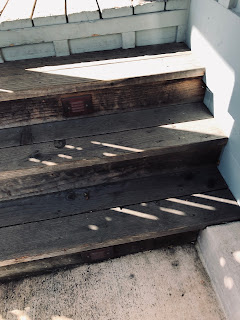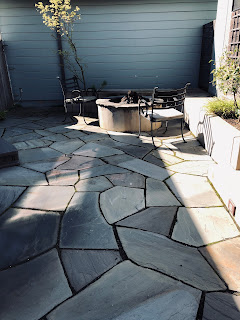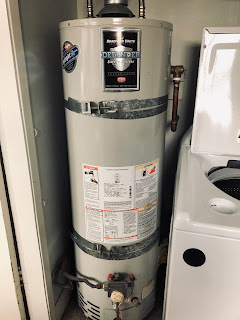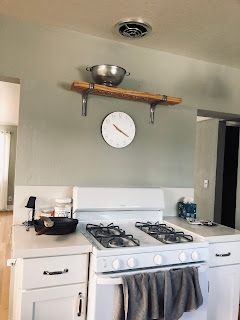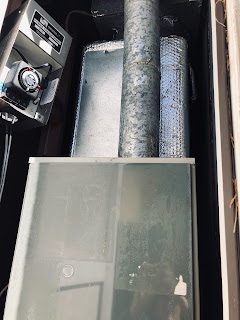This Santa Cruz California house has never had a permit for the installation of the: water heater, house gas heater, jacuzzi, ADU building, outdoor gas fireplace, decks, stairs, hardscape, removal of garage, changing garage to living space without permits to name a few. I spot twenty eight code violations. First one is they have mosquito larvae in the jacuzzi.
Can you name in the comments the twenty eight other code violations?
115 Mountain View is a cute tiny house with many dangerous remodeling and
DIY additions. There is a reason why permits are required to change structural
items in a house- sometimes a handyman has no idea about safety hazards.
Owned by Sung Kim
